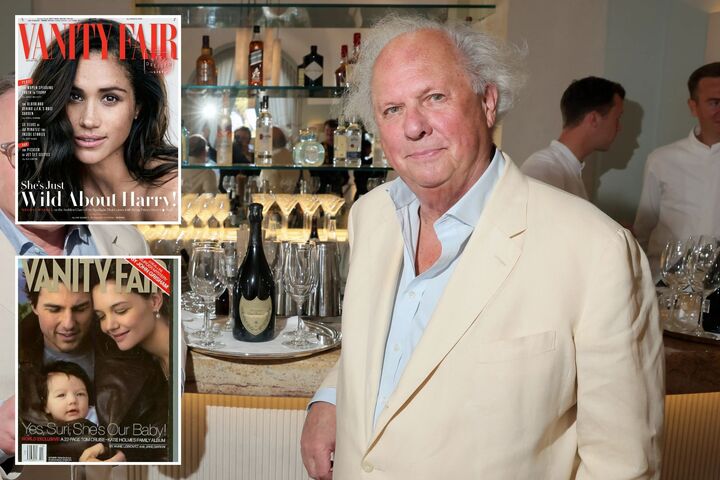Graydon Carter’s Reign at Vanity Fair and the Birth of the Oscars Party
Graydon Carter’s role as editor of Vanity Fair was precarious when he initiated the magazine’s iconic Oscars party in 1994.
Challenging Start at Vanity Fair
Carter, a Canadian by birth, took charge of the glossy publication in July 1992 after founding the satirical magazine Spy. In his new memoir, When the Going was Good, he describes his initial years at the magazine as “dreadful.”
Creating the Iconic Party
Despite a toxic atmosphere filled with staff loyal to former editor Tina Brown, Carter took a bold risk by starting the Oscars party following the death of renowned Hollywood agent Swifty Lazar in December 1993. Reflecting on this decision, Carter admitted he had never hosted large events before and believed, “If you think there is a possibility of failure, don’t have too many eyes on it.”
Rapid Popularity and Challenges
The first Vanity Fair party drew roughly 150 guests for dinner and an additional 150-200 after the show. Surprisingly, attendance skyrocketed, and Carter quickly realized no band was needed since Hollywood is less about dancing and more about networking. The guest list became highly coveted, leading to bribery attempts and a Saudi prince offering $150,000 to $250,000 for entry.
Harvey Weinstein’s Infamous Ban
One notable aspect of these gatherings was the strict entrance policy, allowing anyone with an Oscar to enter via a “speed lane.” However, there were exceptions—Harvey Weinstein was banned for life due to his rude behavior towards staff, which Carter found unacceptable. In a lighter moment, he recalls a man sneaking in with a pig, claiming it was the real Babe from the film.
Reflections on Celebrity and Media Culture
Looking back on his time at Vanity Fair, Carter expressed that he would approach things differently today, suggesting a focus on Emmy parties instead of the Oscars given the current cultural landscape. He also shared insights about his complex relationship with Vogue editor Anna Wintour and discussed his interactions with Meghan Markle, who he initially didn’t recognize and described as “slightly adrift on reality.”
Lessons Learned from a 25-Year Journey
As his memoir closes, Carter emphasizes the importance of being open to new endeavors and planning exits strategically. “Put yourself in the movie,” he advises, challenging readers to consider their roles in various narratives, whether as a hero, villain, or something in between. Ultimately, his tenure at Vanity Fair was marked by glamour, hard work, and unforgettable moments in the world of celebrity and fashion.



